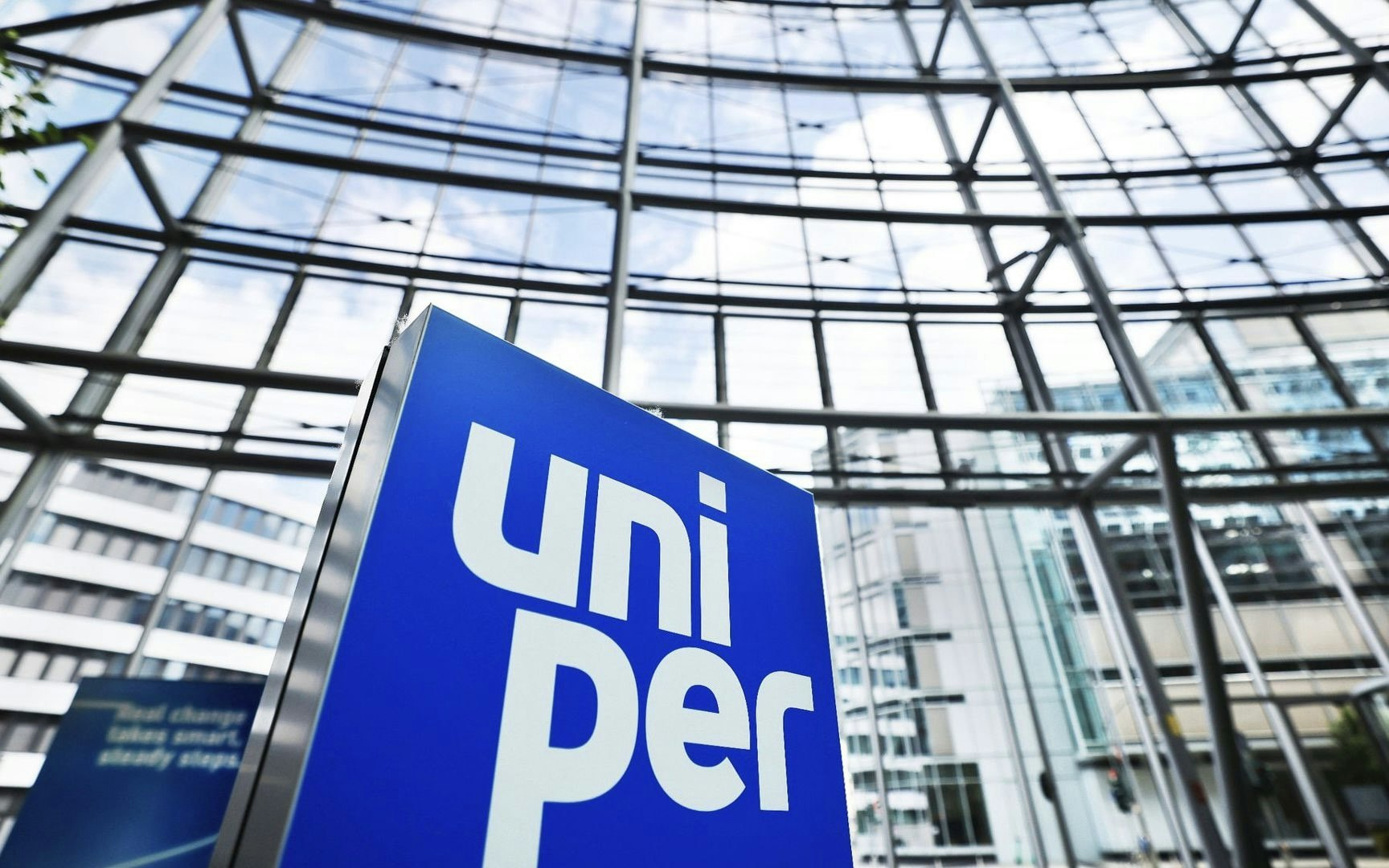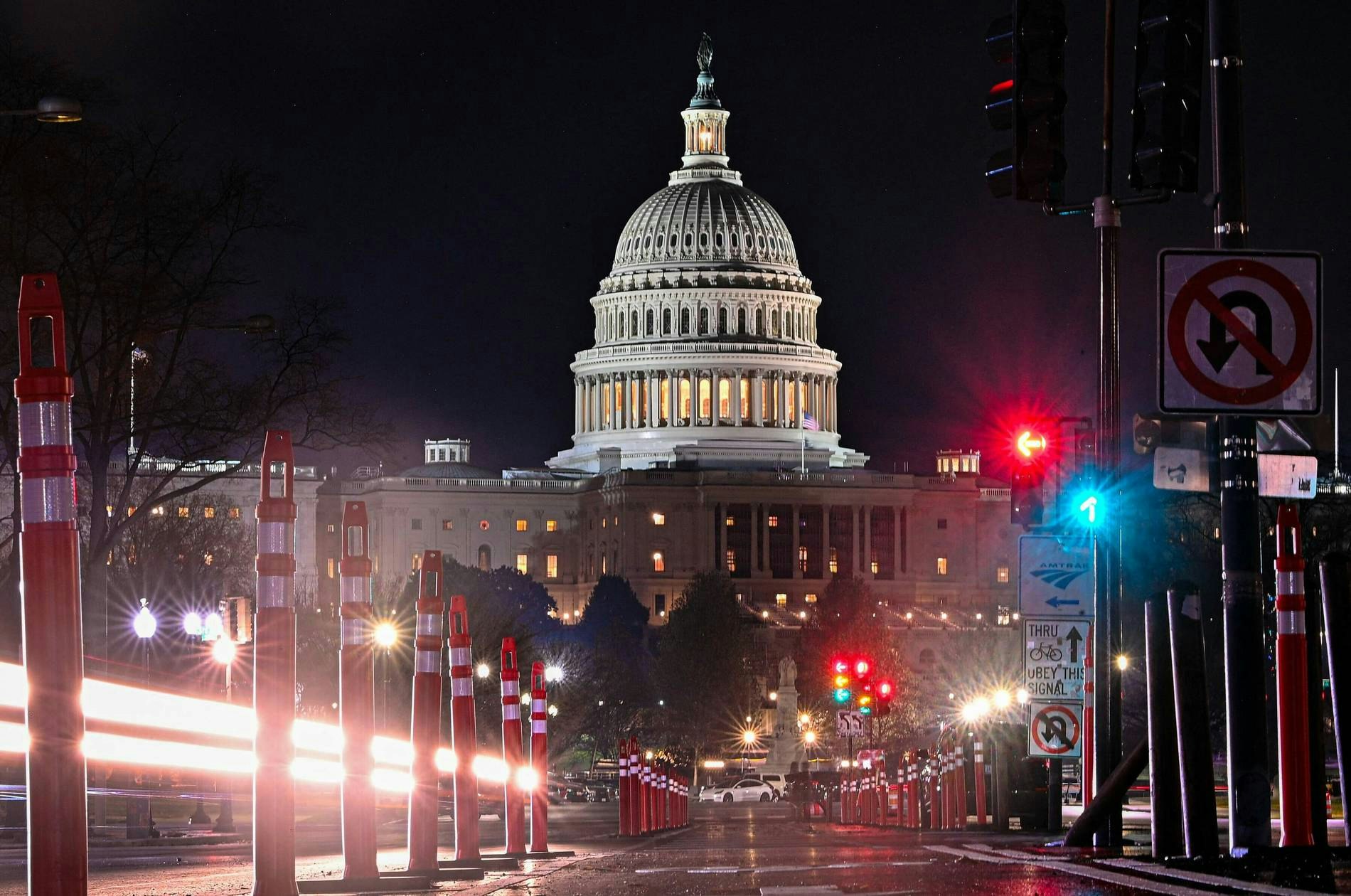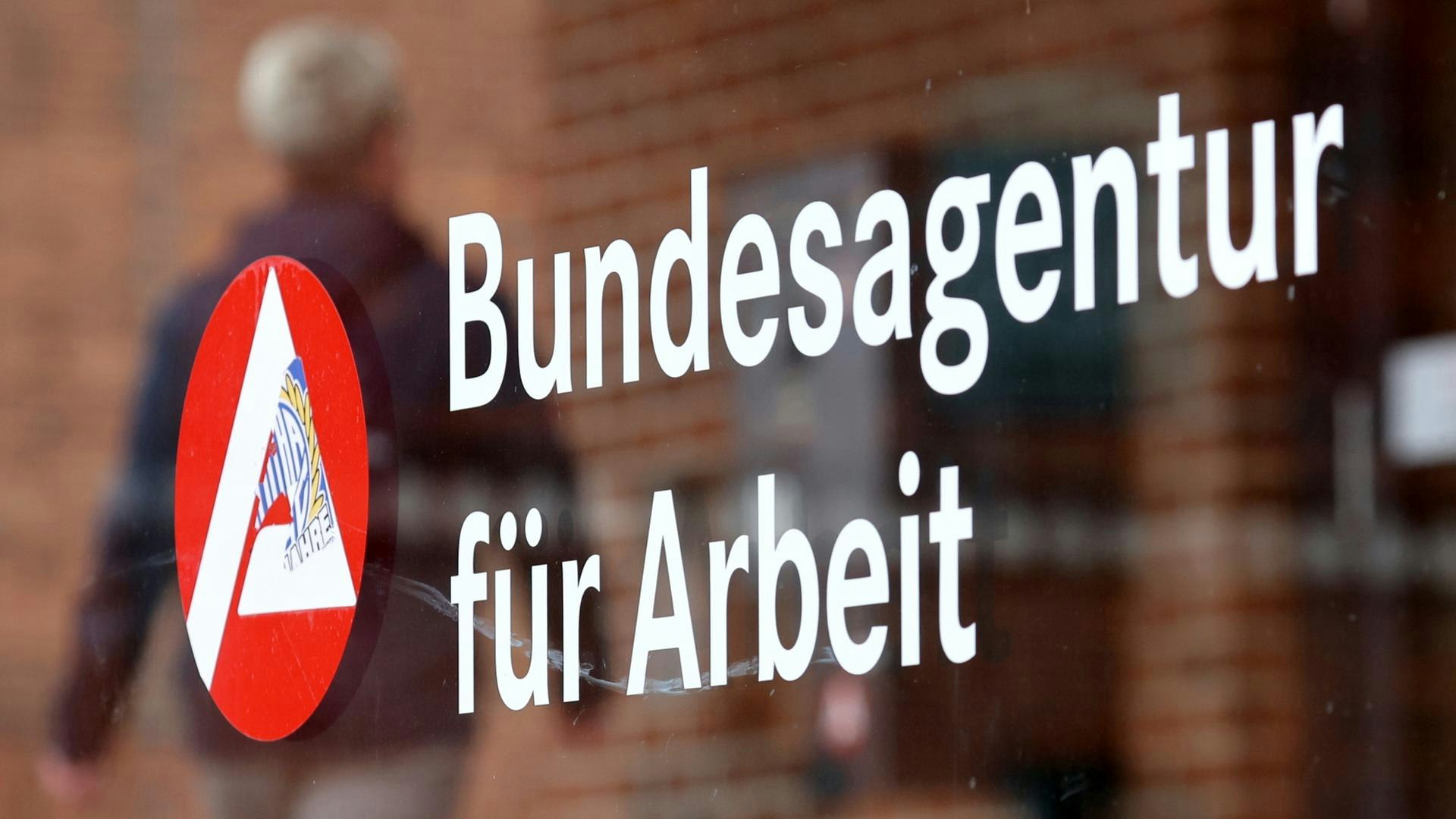Business
Uniper stabilizes after forced nationalization and wins against Gazprom in billion-dollar dispute
Uniper achieves profits, triumphs over Gazprom, and prepares for a return to the private sector despite geopolitical uncertainties.

Uniper, Germany's largest natural gas importer, has stabilized after nationalization and significant losses due to the Russian gas supply halt. The company achieved a profit of around six billion euros in 2023 and is preparing to return to private hands.
Despite the success, uncertainty remains high. A Russian lawsuit in March imposed a fine of 14 billion euros against Uniper. Although Moscow has not yet sought enforcement, CEO Mike Lewis warned of potential risks to the LNG fleet, particularly in countries that are close to Russia. "We are analyzing very carefully the legal frameworks in the countries with which we cooperate," Lewis said.
The company, which used to obtain more than half of its gas from Russia, had to incur losses of 19 billion euros in 2022 after Russia stopped deliveries. At the same time, in June 2023, Uniper won a significant decision before a Swedish arbitration court: Gazprom was sentenced to compensation of 13 billion euros for undelivered gas volumes. The Russian lawsuit merely served the attempt to block this decision.
Other European energy companies like OMV, Engie, and Net4Gas were affected by similar legal actions. However, analysts like Agnieszka Ason from the Oxford Institute for Energy Studies see little chance that countries would seize tankers or cargo in Russia's interest, as this could provoke international conflicts.
Uniper's strategy currently includes reducing dependencies and diversifying gas sources, including from the USA, Australia, and Azerbaijan. Additionally, the company is raising its EBITDA annual target to 2.5 to 2.8 billion euros after legal obstacles were removed. The revenues are also intended to refinance the 13.5 billion euro rescue plan by the federal government.
Uniper's victory against Gazprom also allows for the termination of a long-term gas supply contract that would have lasted into the 2030s. "It is crucial that this burden no longer hangs over us," said Lewis. With these advancements, the company again views itself as an attractive investment for future investors.






